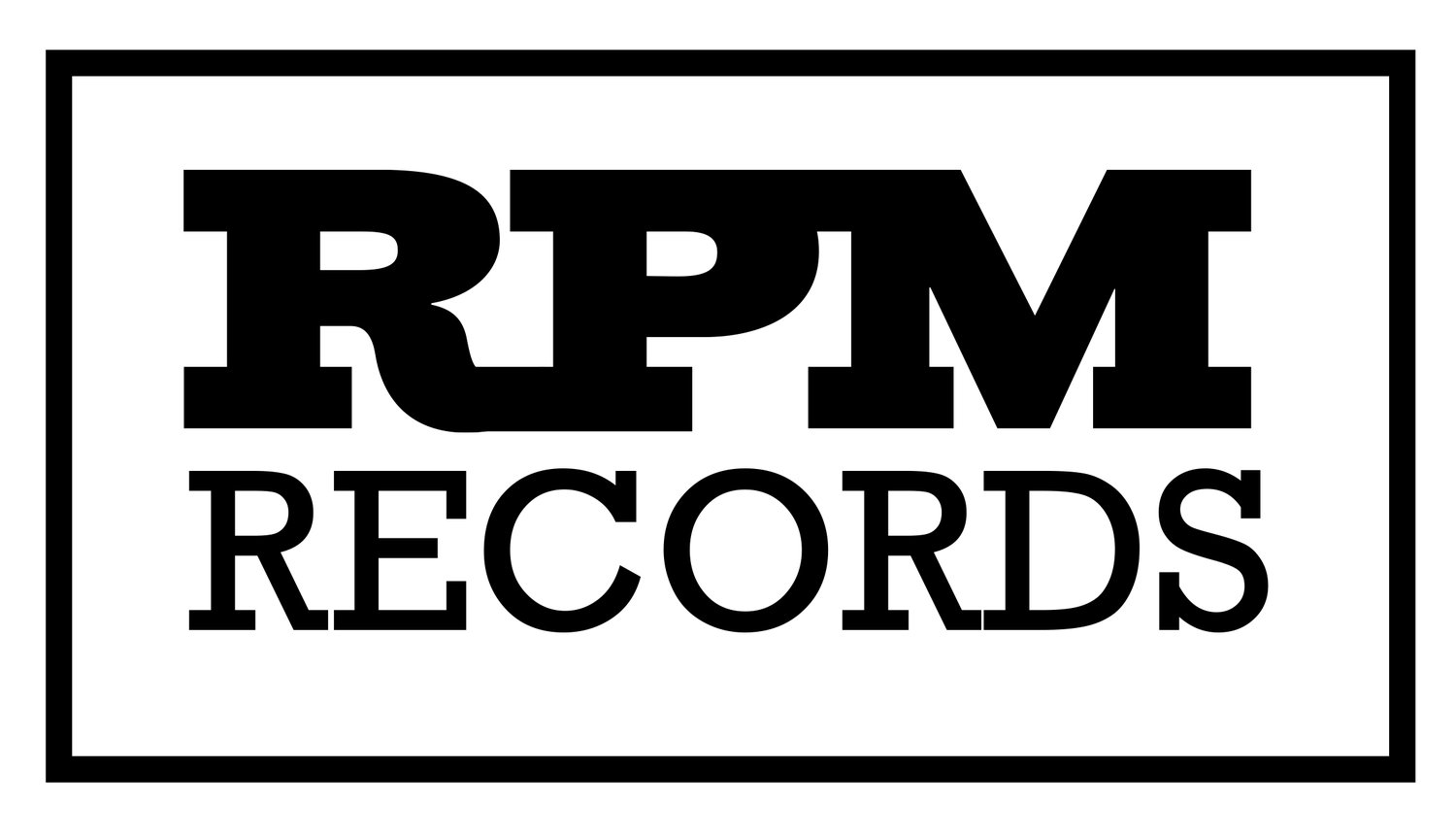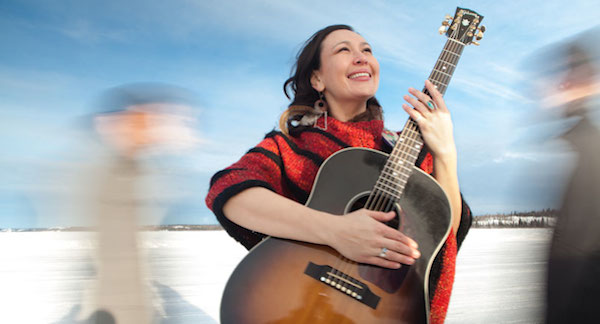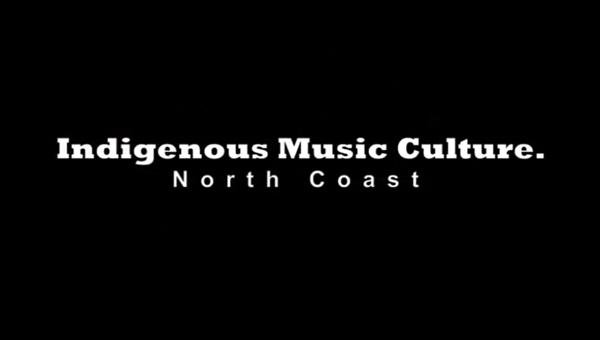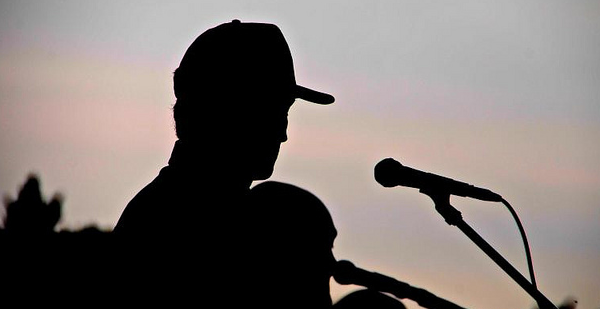Hip-hop and R&B Singer-songwriter IsKwé was born and raised in Winnipeg by her Cree/Dene mother and Irish father. Her music has taken her across Turtle Island and back. She spoke with RPM about her hometown, her work with youth, and how The Bodyguard changed her life.
RPM: So you’re from Winnipeg, but you’ve been locating to different places – L.A., Toronto, New York. What’s it like coming out of Winnipeg and going into the big metropolis centres like that?
IsKwé: For me it was a natural transition. I left Winnipeg 9 years ago now and I went from Winnipeg to Toronto, then to New York, then to L.A. for a few years, and I’ve now been living in New York for about a year. Something in me told me it was time to go and every time it did, things just fell into place. I feel lucky and I feel blessed that that’s how my path has been going. There have been bumps in the road obviously, just like anybody else, but for the most part it’s been pretty smooth sailing.
RPM: What’s it been like to go back to Winnipeg and see the growth patterns there?
IsKwé: It feels empowering when you sit back and reflect on where you’re coming from. I’m proud to be from Winnipeg, I love that city, I think the arts and culture there is incredible. It really develops people and nurtures the artist in people and then sends those people out in the world. Good, grounded people with an open minded. Those sorts of traits are prevalent in people that come from Winnipeg.
RPM: How has Indigenous culture inspired your music creation?
IsKwé: It’s kind of a tricky question for me. I don’t know how much it inspires me in terms of specifics - it’s more just that I feel a sense of pride and security in my roots and my culture. And I feel like that is what comes through in my music. That I feel confident in who I am, and therefore I feel confident in what I put out.
RPM: What drives you to be work in communities with youth?
IsKwé: Giving back to the community and working with the young people within our communities is actually one of my biggest motivations for going after a public career, aside from my love of music. When I first moved to Toronto from Winnipeg, I ran and facilitated the Youth Program at the Native Canadian Centre of Toronto for a couple years and it was one of my favourtie jobs that I ever had. I did a music program with them where one of the kids in that group wound up taking some of the songs that he had done and getting them nominated for a CAMA that year. I was so proud of him. To see his sense of accomplishment and his sense of pride in something that he had done just made me realize even more how important those sorts of opportunities for young people are. Everybody has dreams and people who are living their dreams - and I’m surely living mine – have the responsibility to go and say to our younger generation: listen, you can do this too. In fact I encourage you to do it because you have the talent, you have the drive, and you have the ambition. You’re definitely good enough so go for it.
RPM: Mentorship and empowerment from other artists is really important.
IsKwé: Absolutely. I still talk to my first mentor and I still look up to everything that he does and everything he tells me. I’m not going to have an impact on every single youth that I meet, but maybe it will be one, maybe it will be two. All I can do is go and try and do my best and be as positive a role model as I can be, and offer that same encouragement and advice that I was given, that I was honored to be able to receive through somebody else.
RPM: What are your thoughts about this whole labeling of Aboriginal music?
IsKwé: For myself as an individual, I’m an Aboriginal person and I’m an artist. I do music. I don’t consider myself to be an Aboriginal artist; I’m an artist who’s Aboriginal.
RPM: You were part of AMP Camp last year right?
IsKwé: I got to participate in the first year they did the program, and then last year, which was the fifth year. It’s an excellent, excellent program. It was “here’s the business, this is what you guys need to succeed” but in a way that I felt was translatable. Sometimes the business is extremely daunting - I look at it and I’m just like, argh, I don’t want to have to participate in this. I just want to write music and perform music. AMP Camp really offered an opportunity for me to be educated in that section of what we do as artists and musicians and not feel overwhelmed anymore. It broke it down in such a way that made sense. It made me feel empowered in setting myself up even further. I came back and said “ok, this is what I already know, this is what I learned here and this how can I apply that and make my career work for me even better”.
RPM: If you could work with any artist past or present, who would that be?
IsKwé: I would probably chop off my arm to work with Prince.
RPM: Wow.
IsKwé: He’s one of the most phenomenal folks ever. He’s so multi-talented, just amazing. He blows my mind. Love him. Love love love. He also has a business sense beyond anything that I could ever fathom.
RPM: What kind of advice would you have for young artists coming up?
IsKwé: First things first you have to believe in what you’re doing and you have to pay attention to your path. If you’re coming across road blocks instead of giving up, you have to just readjust your life, readjust around road blocks. Be open to the challenges I guess. This kind of career takes a really long time to start making any kind of moves that are substantial. That’s not a negative thing. You’re putting in work and developing yourself. Believe in what you do, love what you do and be willing and open.
RPM: There’s no set model for this life.
IsKwé: No. Absolutely not.
RPM: When you were growing g up what were you major musical influences?
IsKwé: I have about a billion. There was this one very monumental time of my life when I wanted to go after music and it was when The Bodyguard came out. The sound track with Whitney Houston I Will Always Love You and I Have Nothing and all these epic ballads where it’s just big voice and big music and you just wanna pound your chest and sing to the world type stuff - that got me. I was sold. But I grew up in a really musical house so I had access and opportunity to listen and find all kinds of music and inspiration from many different genres.
RPM: Is there anything else you would like to share with the world of Indigenous Music Culture?
IsKwé: I’m excited about this new album that I have coming out in September and I’m excited for this 10 city tour in Canada opening for M1 from Dead Prez. I’m always online, I’m always on Twitter, I’m always on Facebook, I try my best to interact with everyone, so, you know, everybody - come hang online, come chill out with me world wide web! We’ll get to know each other, we’ll bond.
RPM: The new Internet - Powwow styles.
IsKwé: Exactly.
Keep up with IsKwé on Twitter @isKwe and Facebook.













